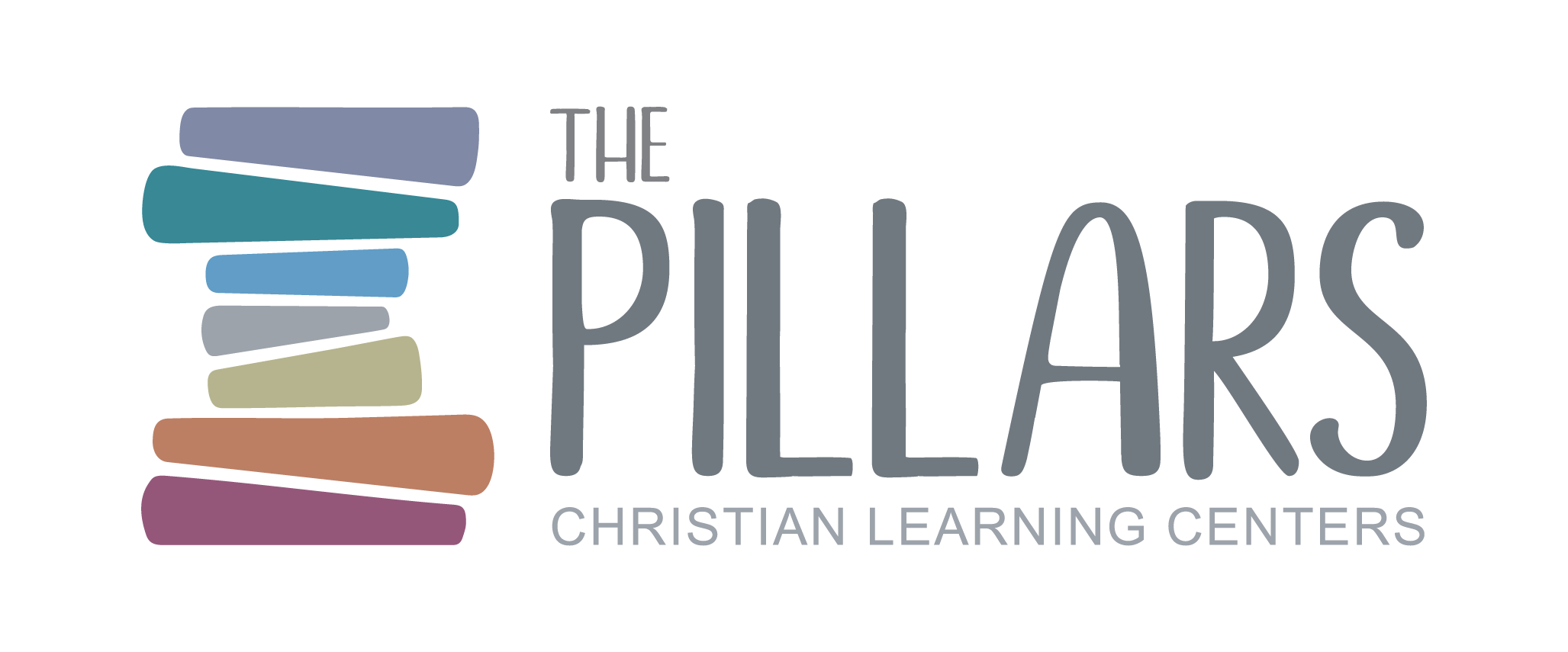Reading is one of the most essential foundational skills needed to acquire knowledge. In order to help children improve their reading comprehension, it’s important for parents to find ways to help kids hone their skills as they cultivate a love for reading.
When children become more confident in their reading skills, it positively impacts all other aspects of their learning experience. In this post, we will list tips for how to improve reading comprehension.
Read aloud
It’s easier for many children to understand written material when they read it aloud. This strategy is helpful because it compels them to go slower, which allows them to process the words and understand their meanings more effectively. Engage your child in this activity by taking turns reading aloud.
Select books at your child’s level
Keep children engaged by giving them books that are developmentally and age-appropriate. If your child is able to understand 90% of the text without your help, then that is the correct level.
When children need to frequently stop because they’re struggling to understand the language, it takes away the focus from understanding the whole story.
Give children books they’re interested in
A great way to keep children motivated to read is by providing them with reading material they will enjoy reading. According to statistics, 73% of students would read more if they could find books that are of interest to them.
Improve reading comprehension through practice. In order to encourage practice, children need books at their current level that they will enjoy.
Skim text headings
Headings are often helpful to get an overview of the whole text. Young readers can use the text found in headings and subtitles to better understand what they’re reading. This technique supplements their understanding as they read the rest of the book.
Reread text, especially parts that are confusing
If you observe children as they read, you’ll quickly notice the parts that are causing them difficulty. Make a note of these sections and revisit them later during your reading session. This practice can help them get a better grasp of the content.
Rereading also helps with reading fluency. If children encounter similar words or expressions repeatedly, they will eventually find them easier to understand.
Read each line using a ruler
It’s important to remember that some children may have trouble following lines of text while they read. To help with this problem, have them follow along by using a ruler or pointing with a finger. This technique can be especially beneficial to children with dyslexia.
Discuss books with your child
Talking about the books your child is reading is an excellent way to enrich verbal processing skills. Discussing books enables kids to think about the book’s plot, characters, and themes. Reinforce comprehension by talking about each book from the beginning, during, and after the book is finished. Here are some points you can discuss with your young reader:
- Before: Ask children what aspects of the book seem interesting and don’t seem interesting to them.
- During: Ask children about what’s going on in the book. Discuss their predictions about what will happen in the story. Find out if it turned out the way they expected.
- After: Have children give you an overview of the whole book. Ask what they liked and didn’t like about it.
Summarize the book
Ask your child to recap the main points of the story. Through this practice, children will learn to explain material using their own words. This is a good indication of whether they truly understood the story. It also helps youngsters relate to the book.
Use different approaches
Reading doesn’t come naturally to every child. Nevertheless, it is still our duty as parents to help them hone their reading skills. If reading doesn’t interest your child, look for alternative ways to introduce fun while reading. You can take notes as you read the story. Or have children draw what they envision from the book. With older children, you can create a mind map together.
Ask the teacher for suggestions
Teachers are experts when it comes to helping children with reading comprehension. If you notice that your child needs help with learning vocabulary phonics, approach your child’s teacher. Teachers can give you valuable input and strategies so that you can help your child with reading at home.
Here at The Pillars Christian Learning Center, we teach children the value of reading. We have a variety of books for children of different ages. Call us today for more information.

